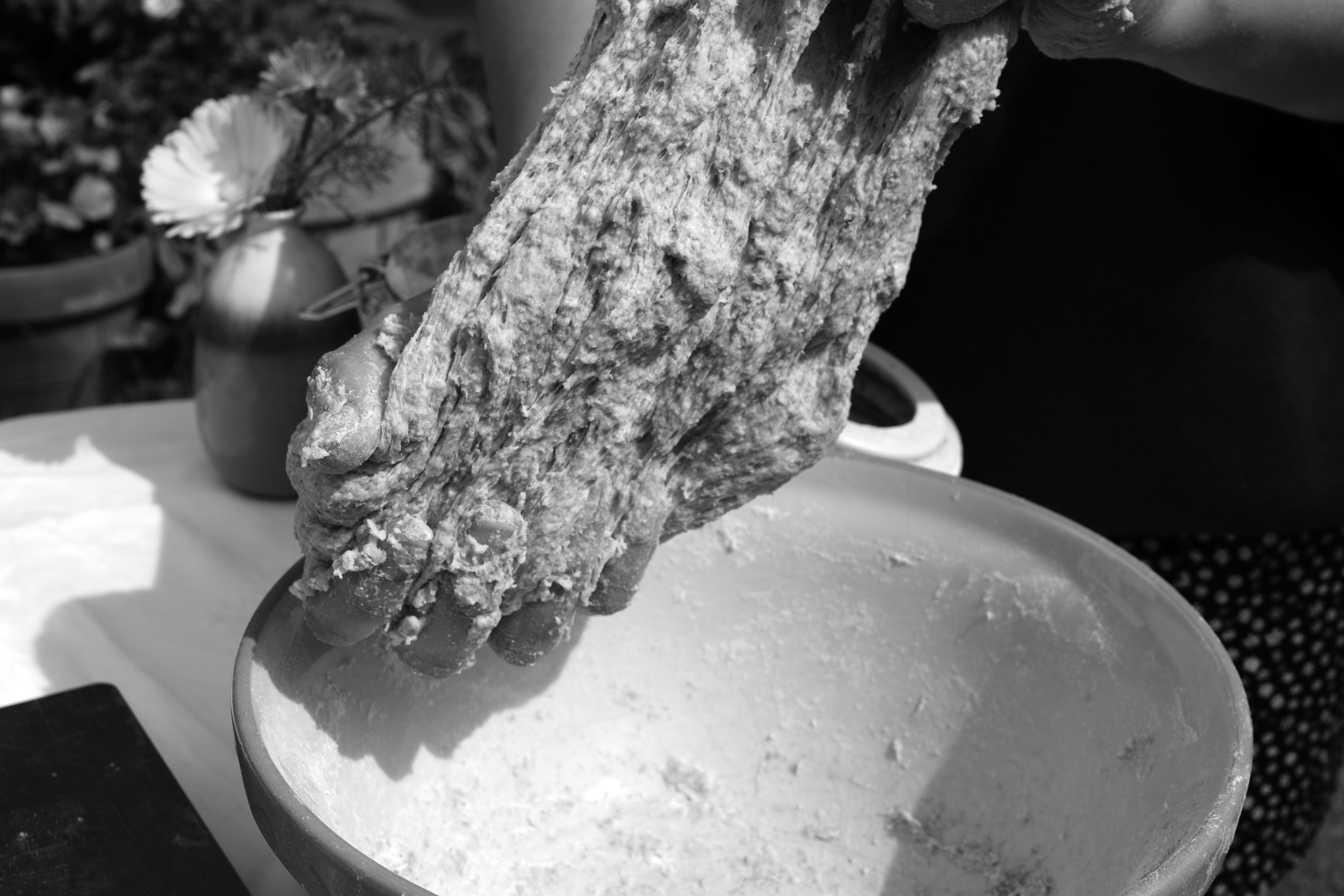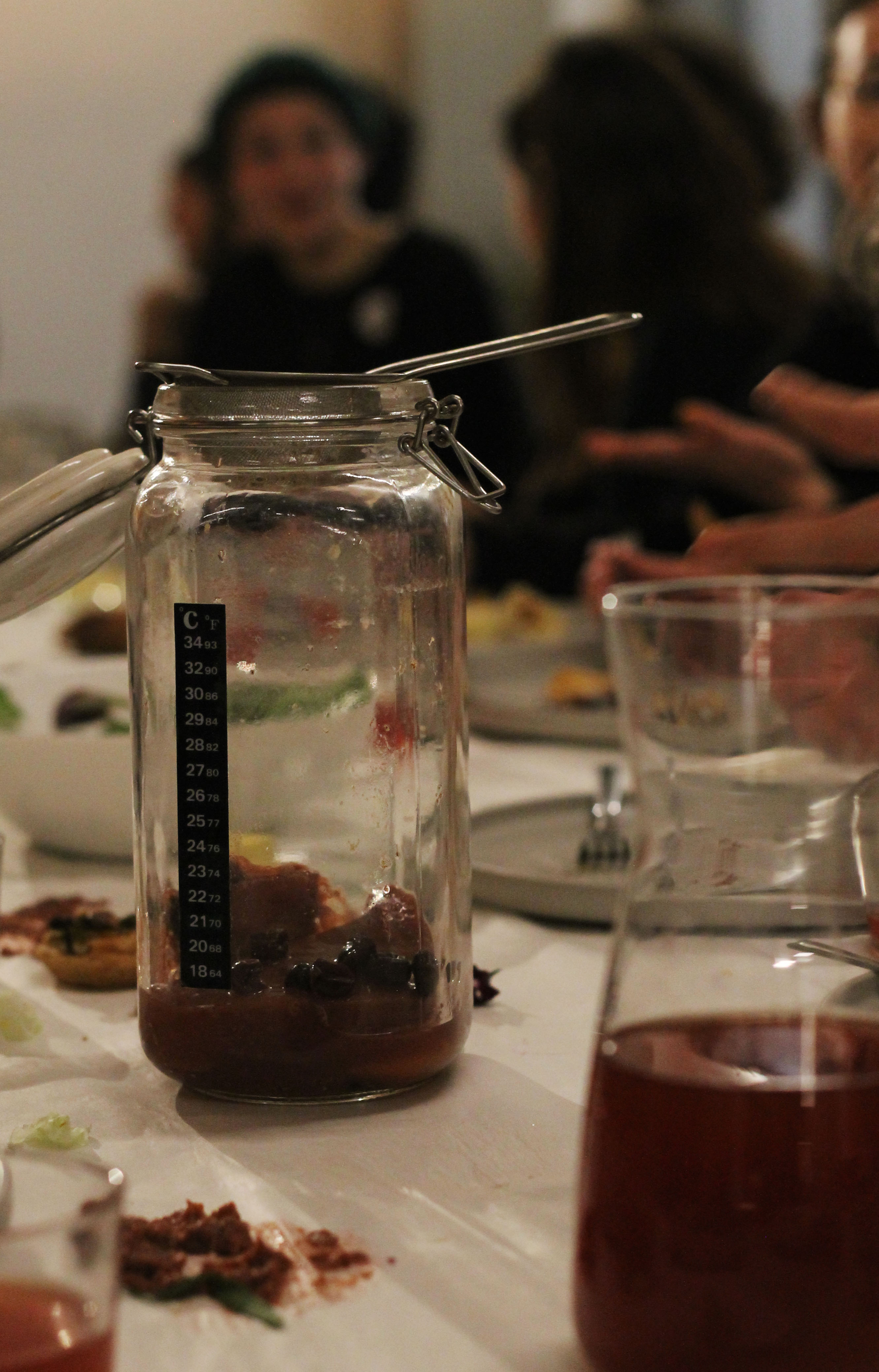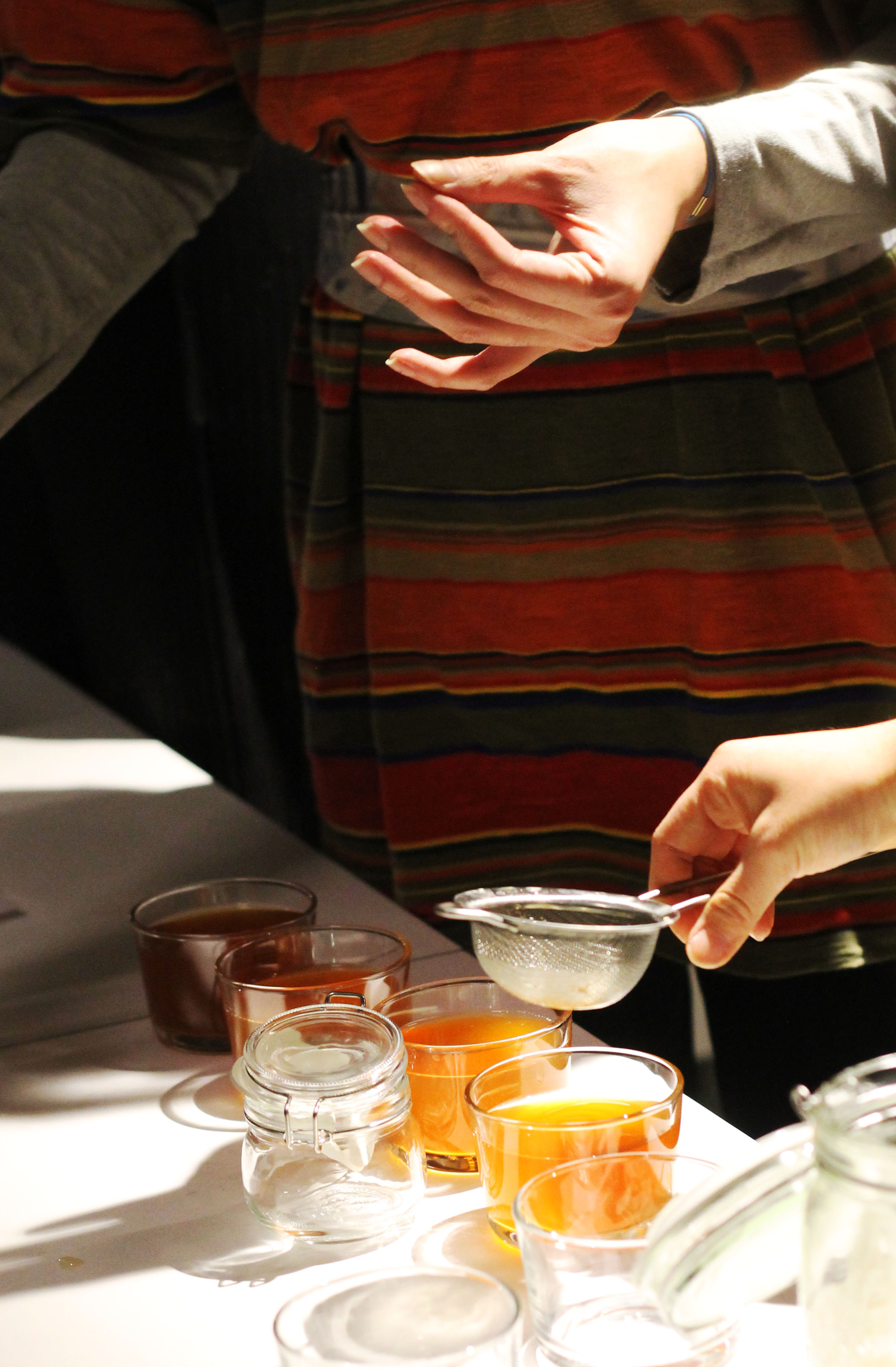Design
Nyima is currently a Bartlett Promise Scholar, completing a Masters in Landscape Architecture at the Bartlett School of Architecture, UCL.
She completed her bachelors in Architecture and Interdisciplinary Studiesalso at the Bartlett, and graduated with a 1st class degree and a Bartlett Medal.
As a designer, her work centers on community led architecture and landscapes, and follows a material led process to create climate resilient and sustainable designs.
Nyima completed her first built project in 2021 with collaborator Jolanta Piotrowska - the Dragonfly Shed at Grizedale, Lake District.

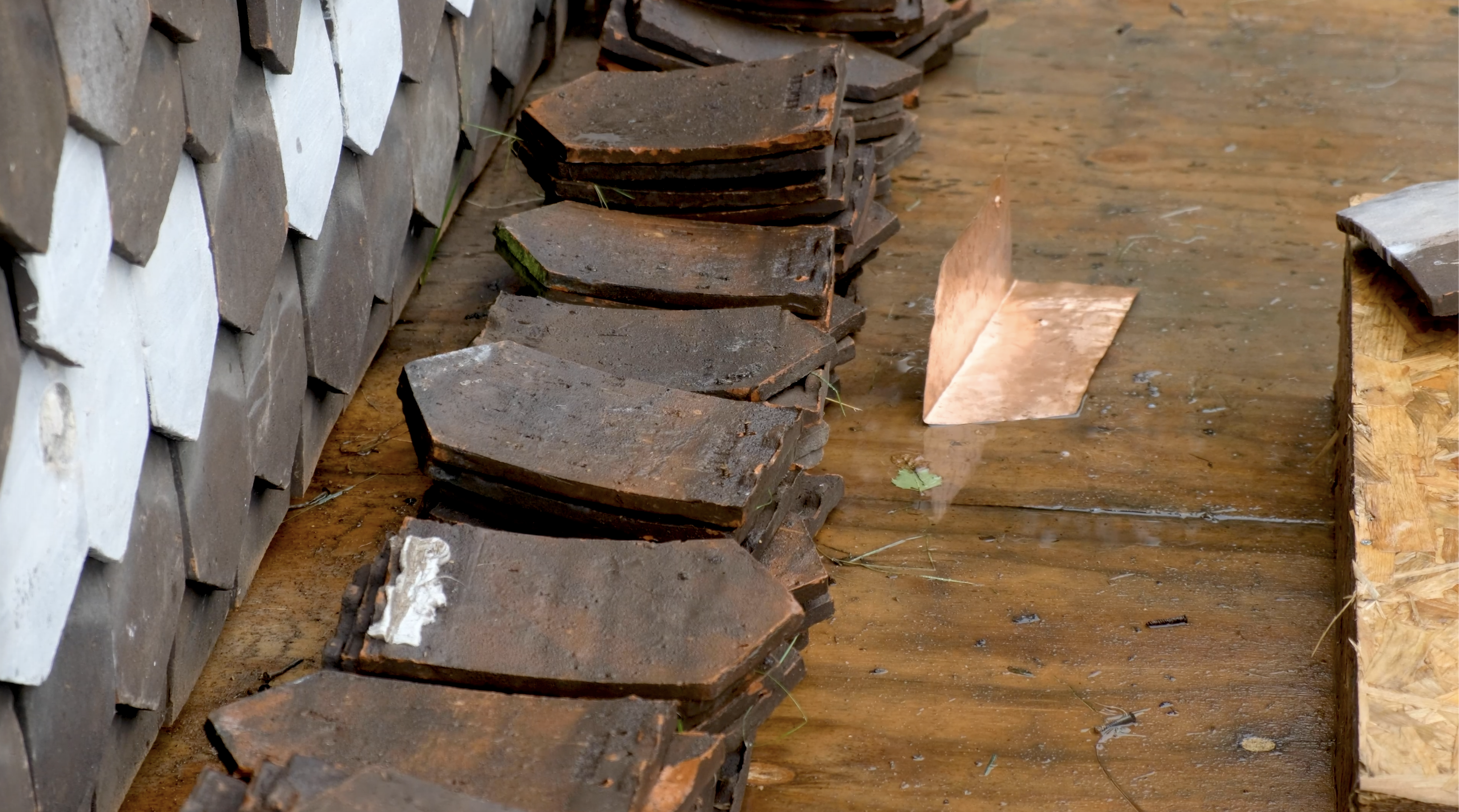
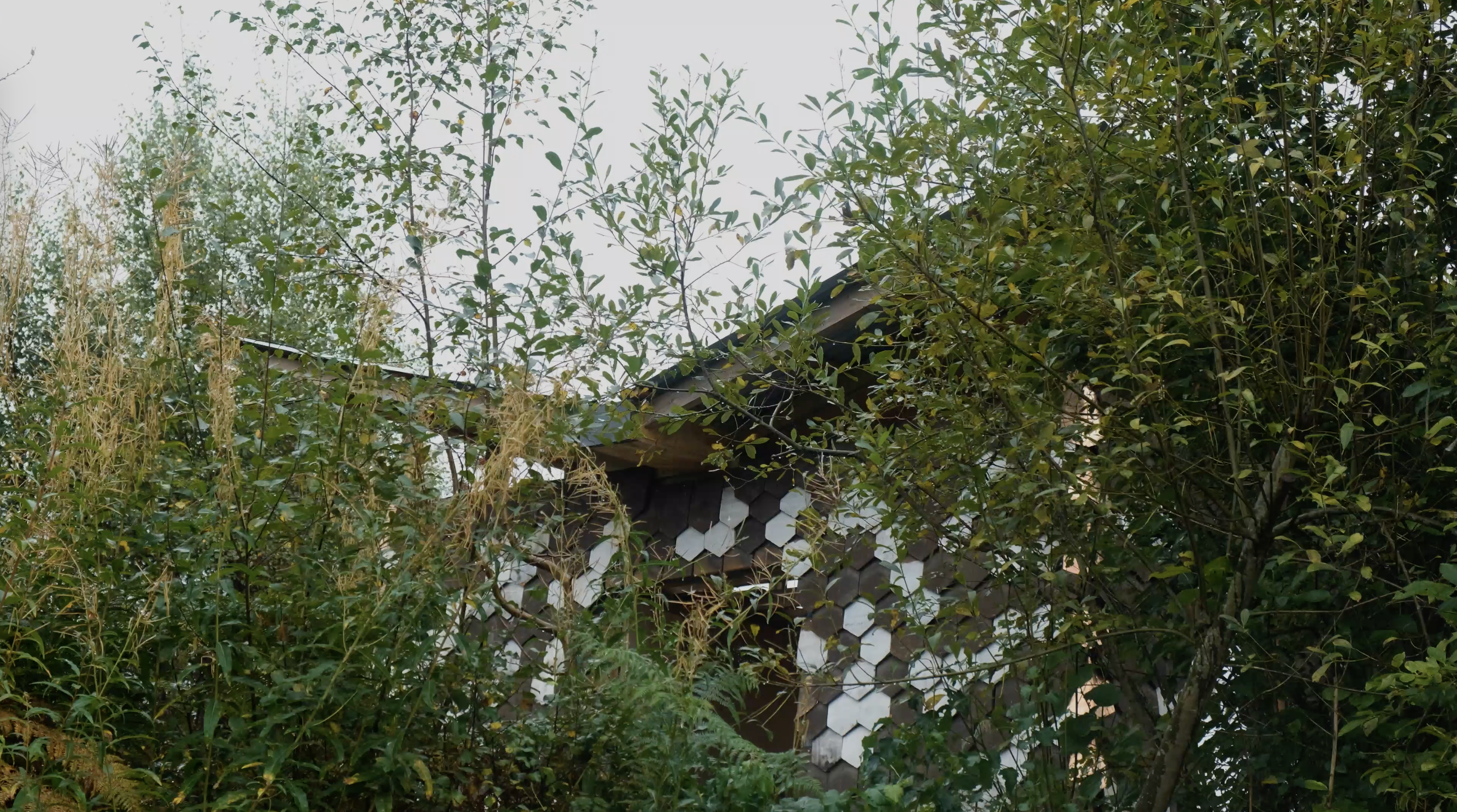
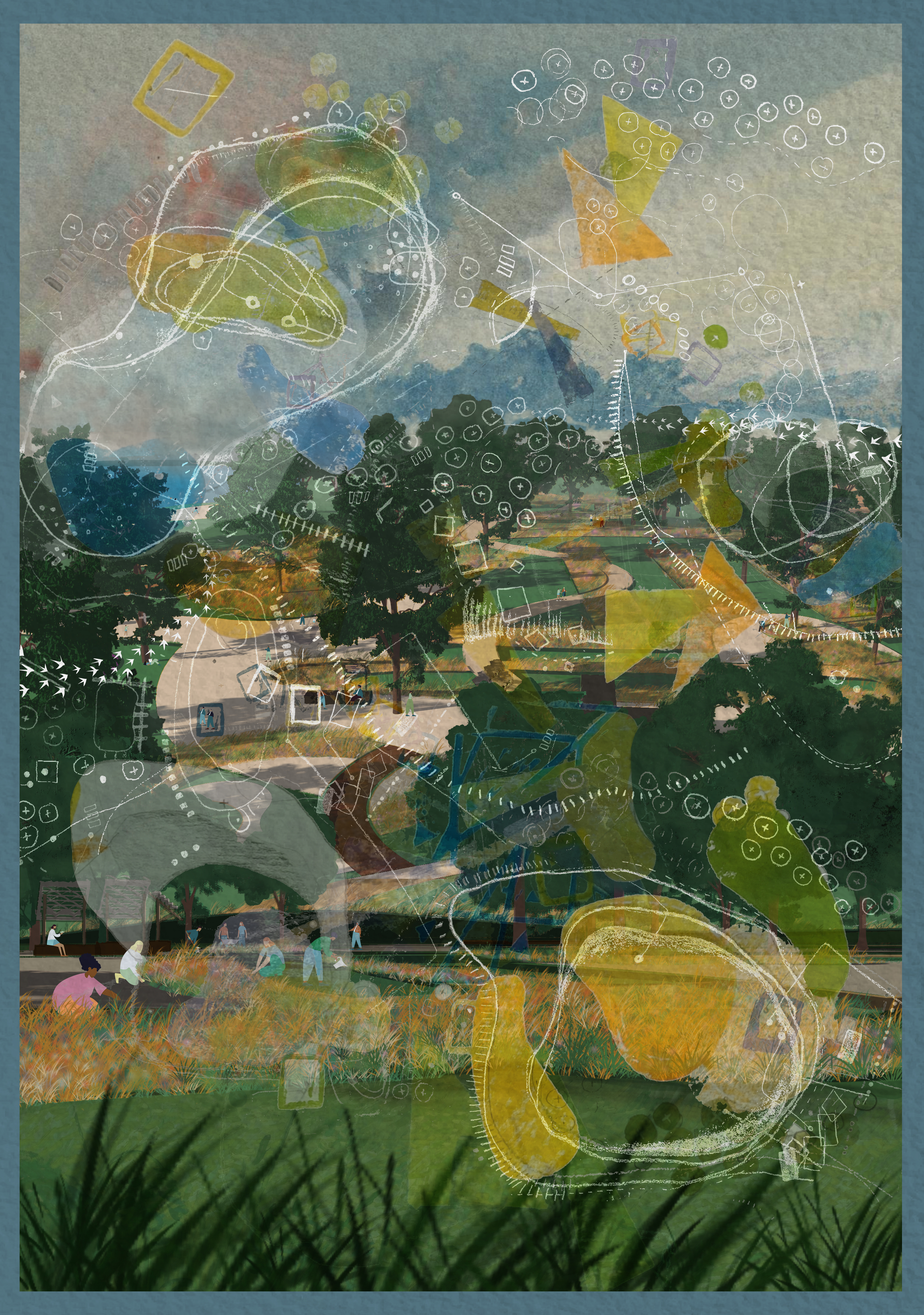
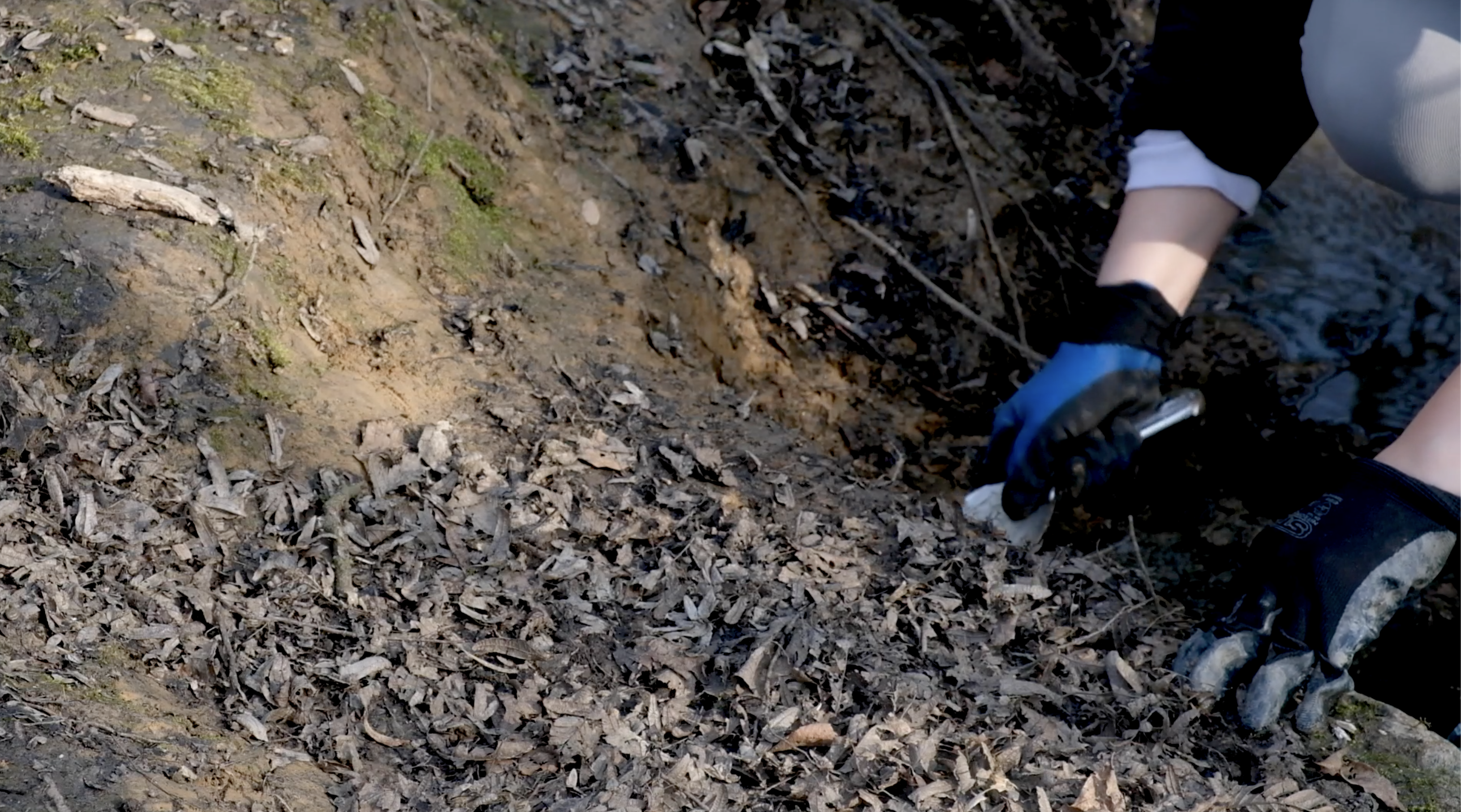

Lop the Forest!
Masters Project Yr 1
2021 - 2022
MLA Y1 Prize Winner
2021 - 2022
MLA Y1 Prize Winner
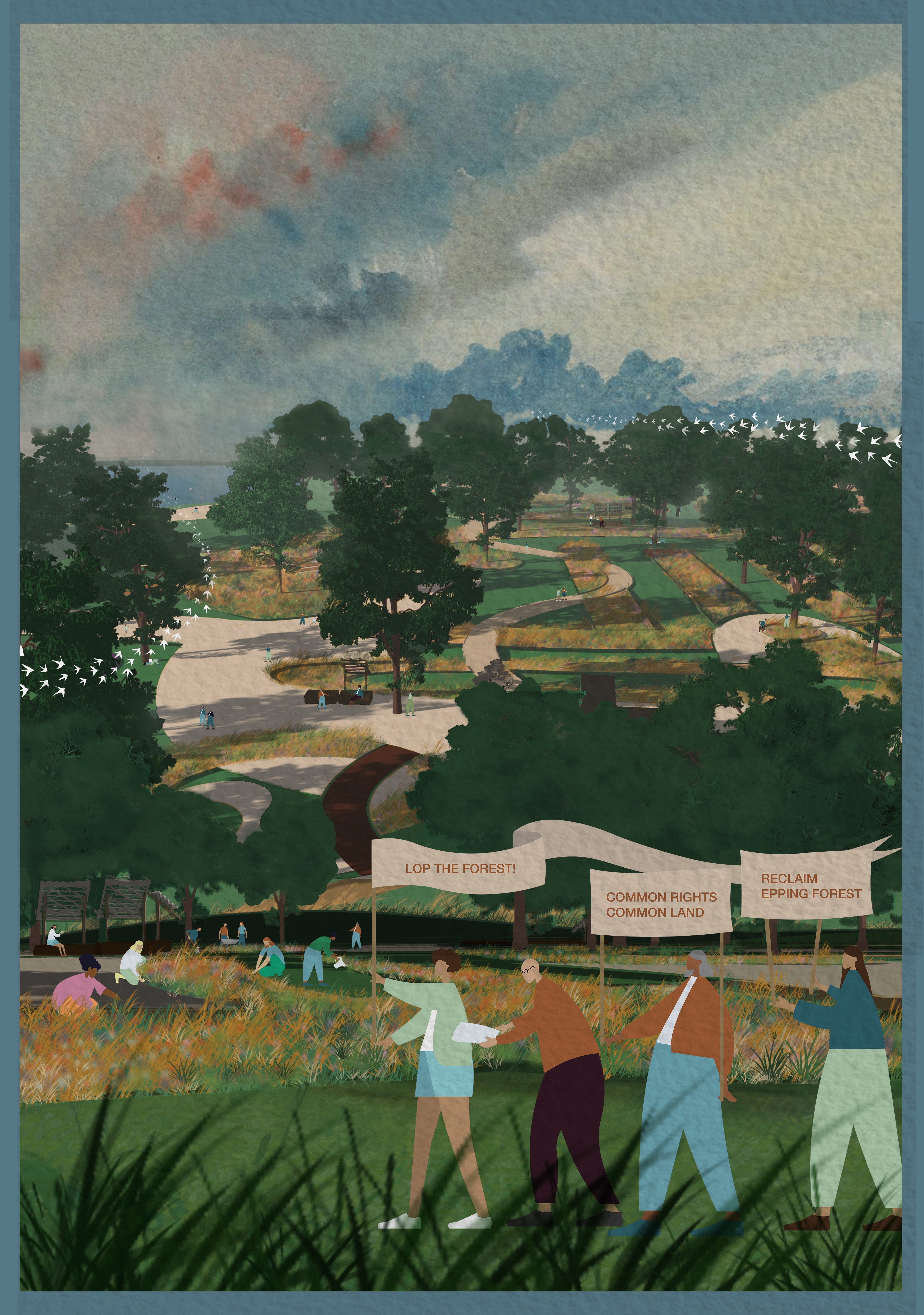
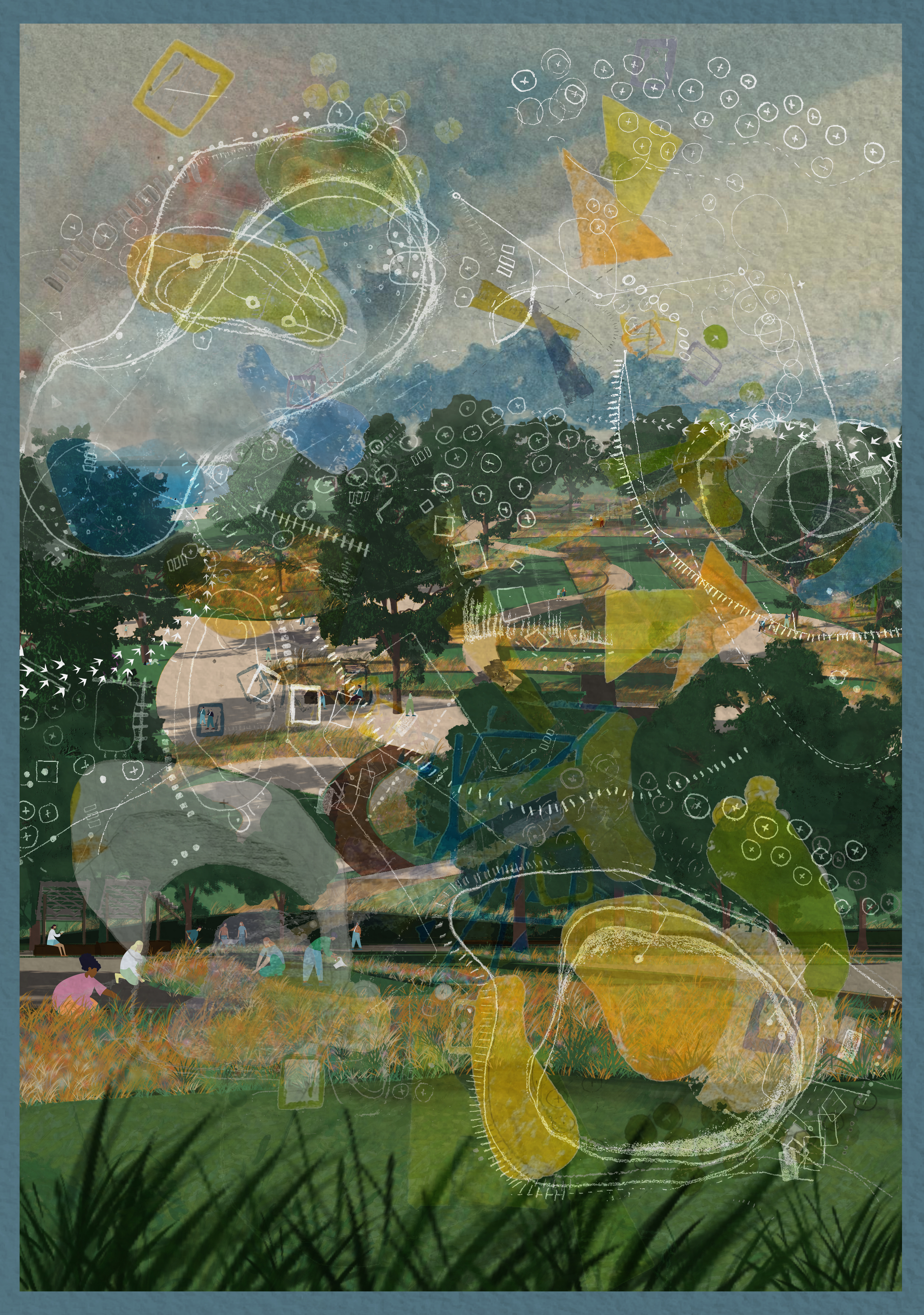
This Landscape Design Project sought to establish a strategy for commoning the formerly public, now private areas of land around Epping Forest, to create a publically owned landscape that centres community management and rights to the forest.
Following Stavros Stavidres work on the ‘commons’ and the act of commoning, my work uses the idea of commoning as a verb describing a process through which space continues to change, as opposed to creating a public space managed by an authority to preserve. Focusing on Chingford Golf Course, a private golf course managed by the City of London as part of the Epping Forest estate, this project proposes commoning as a way of reclaiming the land for public use and enjoyment, rewilding and restoring land whilst still allowing for public access, and allowing for community and public determination of the land through a new management system that reinstates historical rights to the forest.
Recognizing the history of lopping at Epping Forest that historically guided this relationship between commoner and management of the forest, the project centres process, material studies and the utilization of locally available resources to lead design decisions. Challenging traditional landscape drawing representation, this work explores using printmaking, collaborative drawing, and filmmaking as a way of representing negotiation, adaptation and self-determination within landscapes.

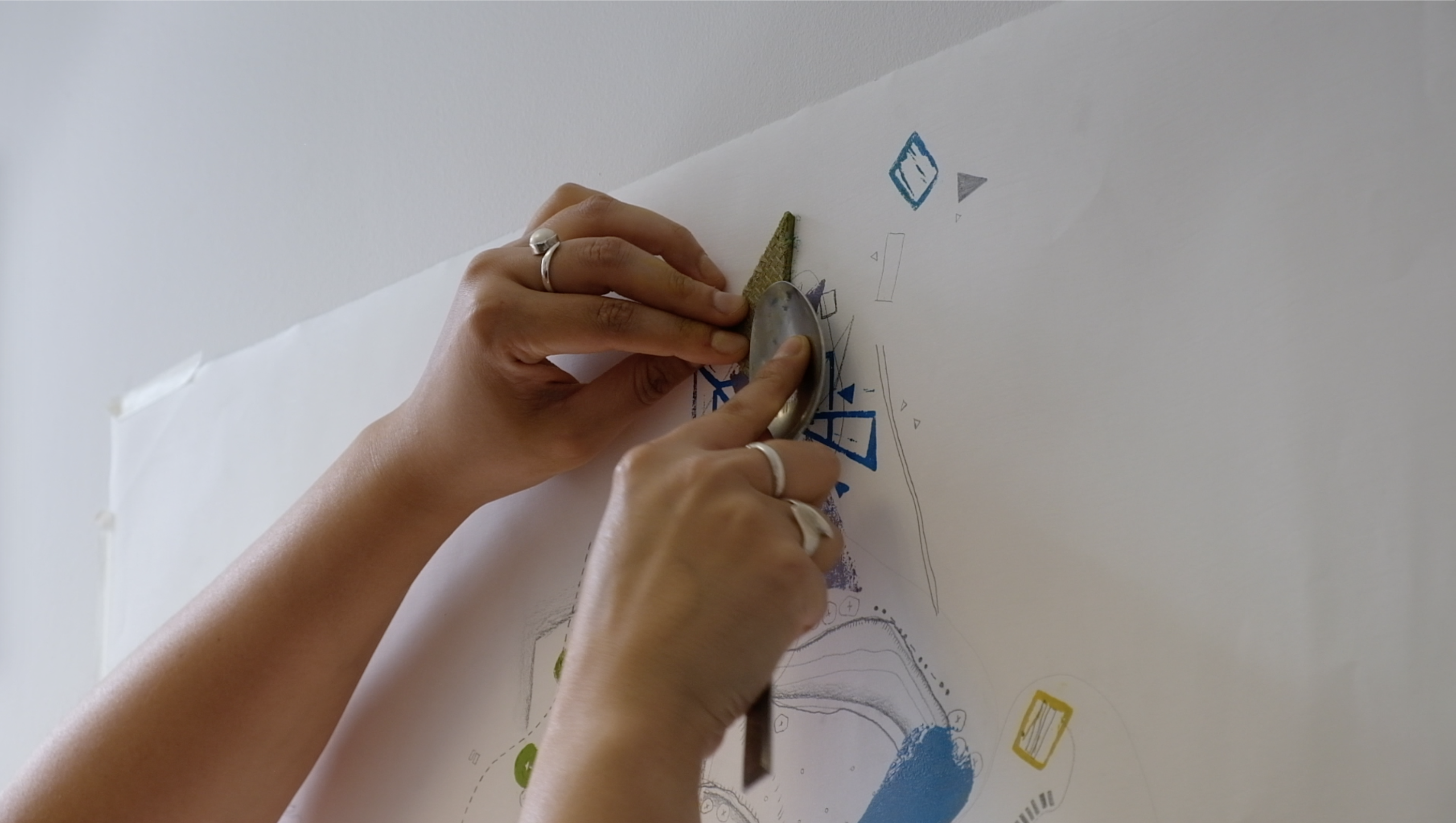

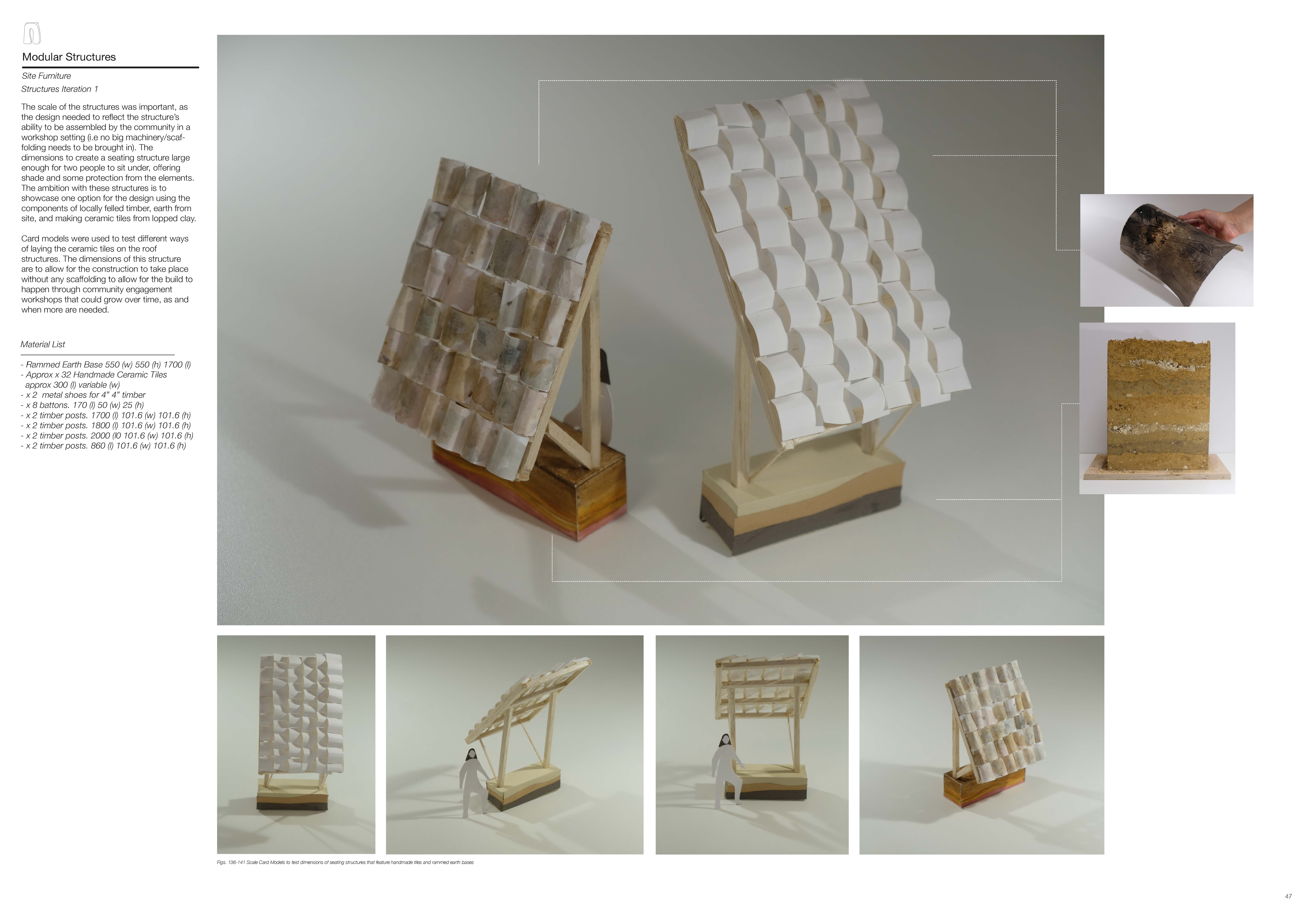
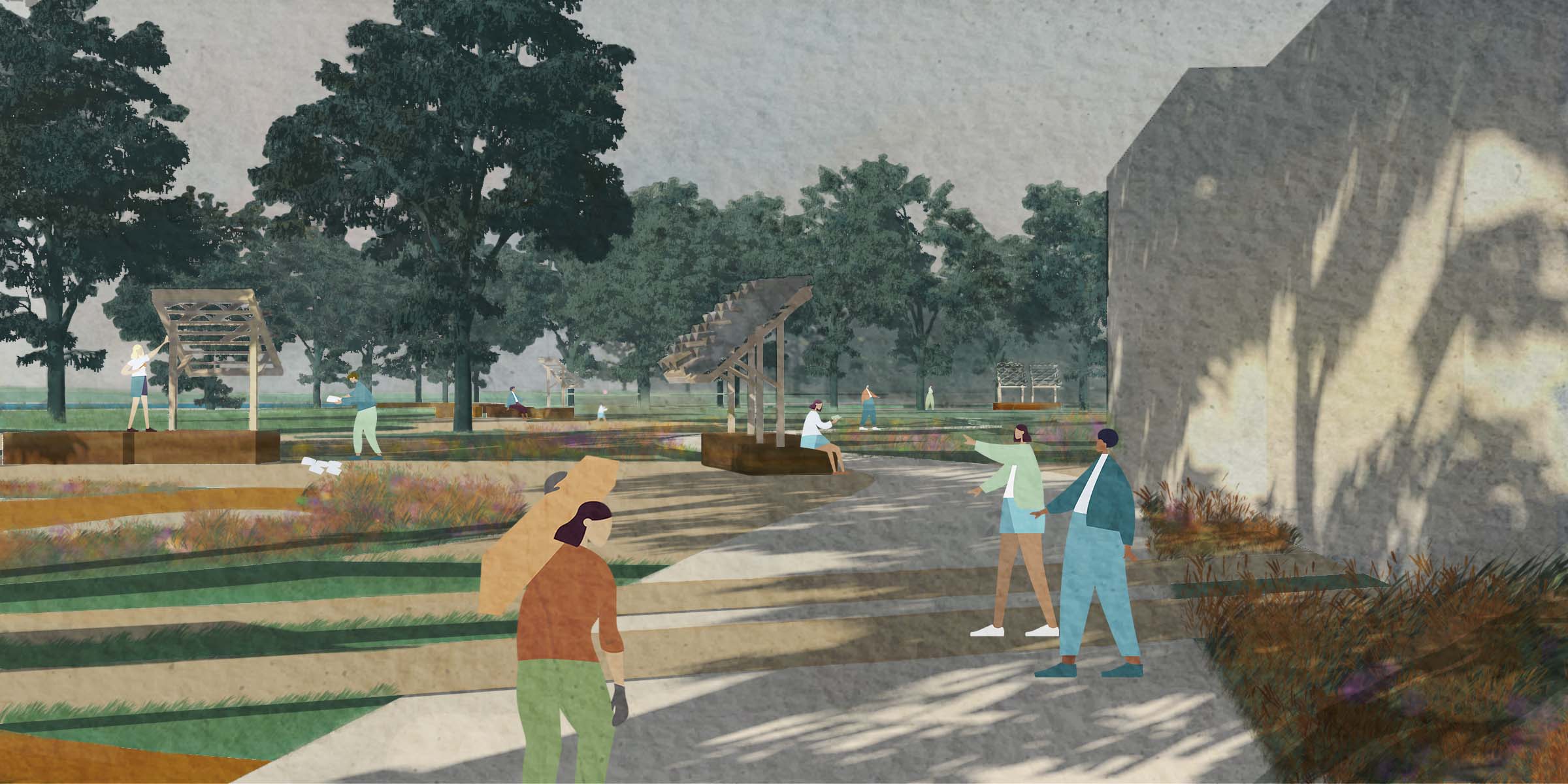
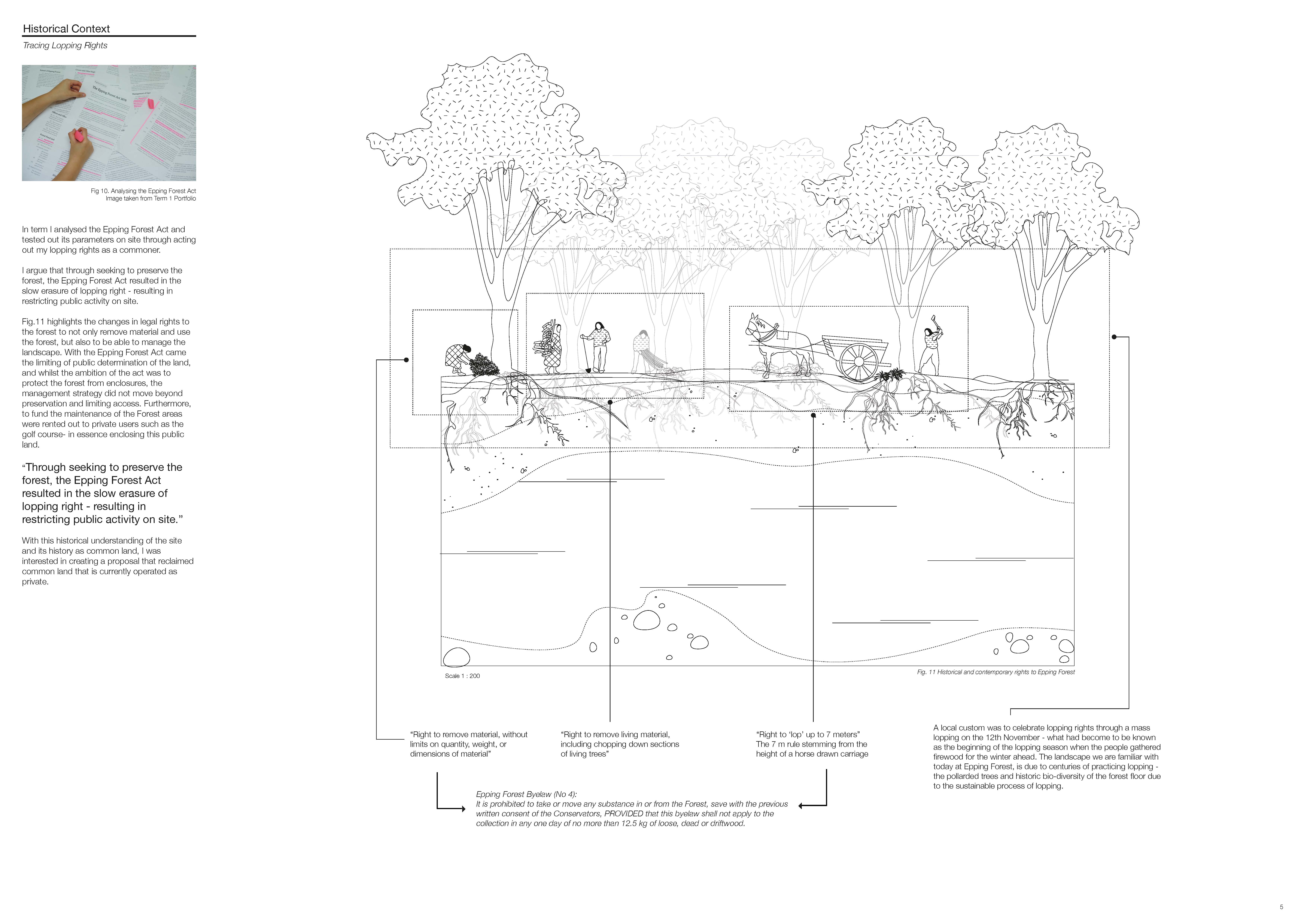
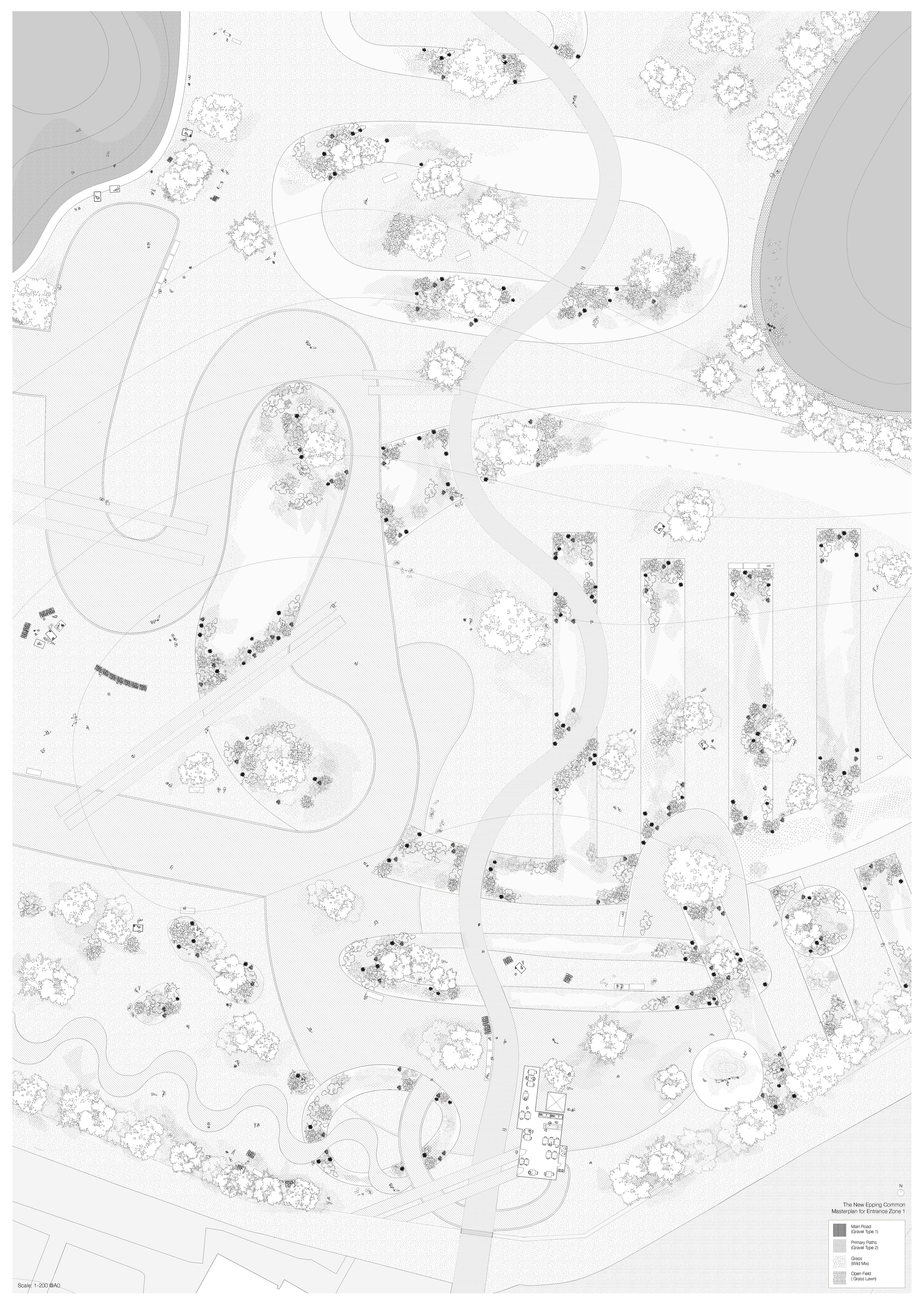
The Dragonfly Shed
Commissioned Project
in collaboration with Jola Piotrowska
2020 - Ongoing
in collaboration with Jola Piotrowska
2020 - Ongoing
The Dragonfly Shed was commissioned as the winning design by Grizedale Arts, the Lake District, in 2020 following an open call competition. The project was designed to be be built by a group of local women who were interested in gaining on site construction skills.
The brief sought to create a functioning shed and workspace for the rice paddy fields at Grizedale. We wanted for the design to be a visual nod to the Japanese Rice Farmers who originally created these fields, and the landscape they brought with them. We therefore drew inspiration from the abundance of dragonflies that are normally found in Japanese rice paddies. Featuring a butterfly roof, and clad in smoked ceramic tiles, the design seeks to sit comfortably in the landscape of the fields and the view on to Conniston.
Working with the volunteers and Grizedale, the design has been adapted and adjusted since it began on site in 2020 as a slow self build project. Whilst elements within the project were designed to be undertaken in workshop style settings, donated materials such as windows have been incorporated into the design.
![]()
The brief sought to create a functioning shed and workspace for the rice paddy fields at Grizedale. We wanted for the design to be a visual nod to the Japanese Rice Farmers who originally created these fields, and the landscape they brought with them. We therefore drew inspiration from the abundance of dragonflies that are normally found in Japanese rice paddies. Featuring a butterfly roof, and clad in smoked ceramic tiles, the design seeks to sit comfortably in the landscape of the fields and the view on to Conniston.
Working with the volunteers and Grizedale, the design has been adapted and adjusted since it began on site in 2020 as a slow self build project. Whilst elements within the project were designed to be undertaken in workshop style settings, donated materials such as windows have been incorporated into the design.

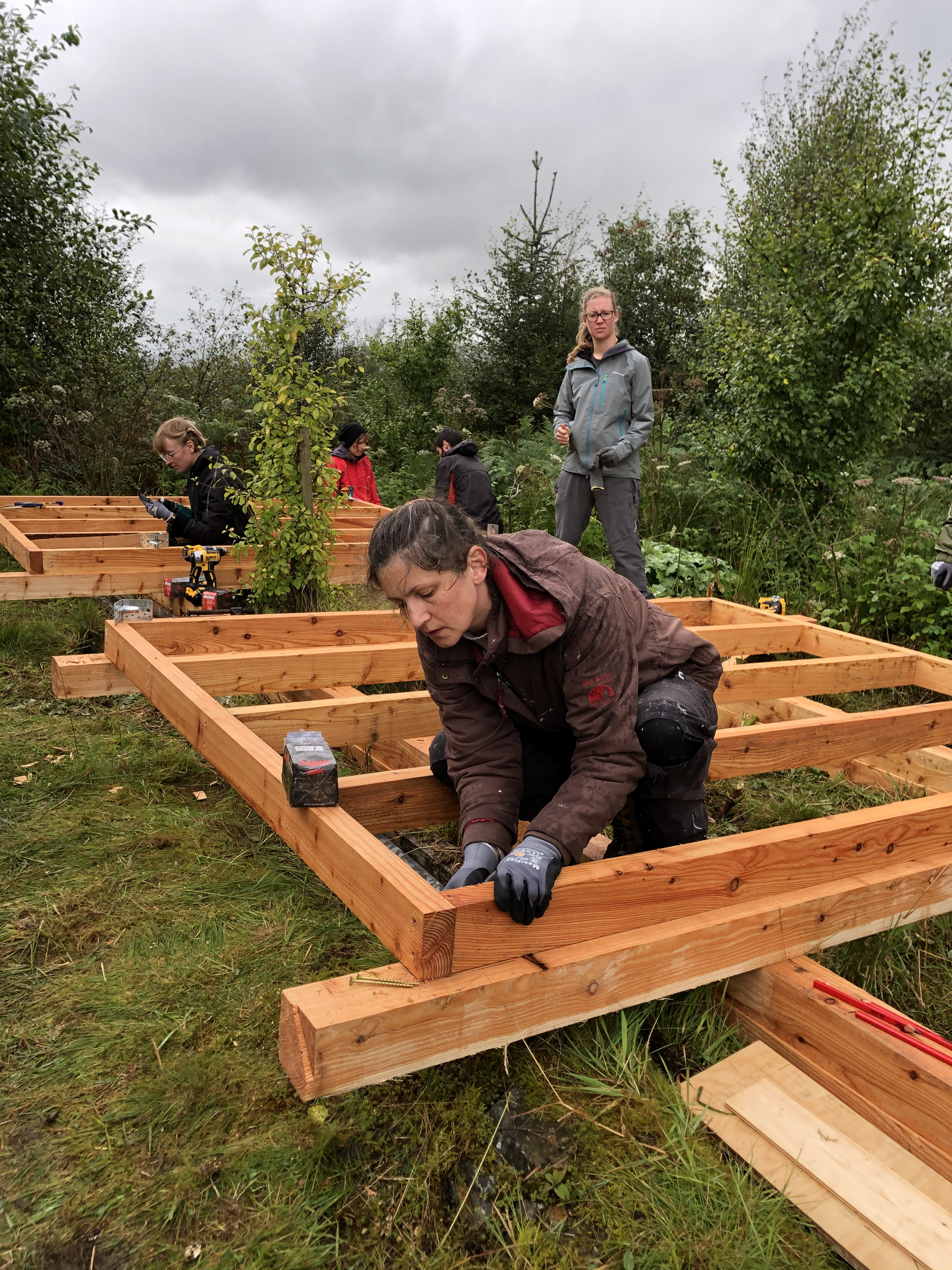
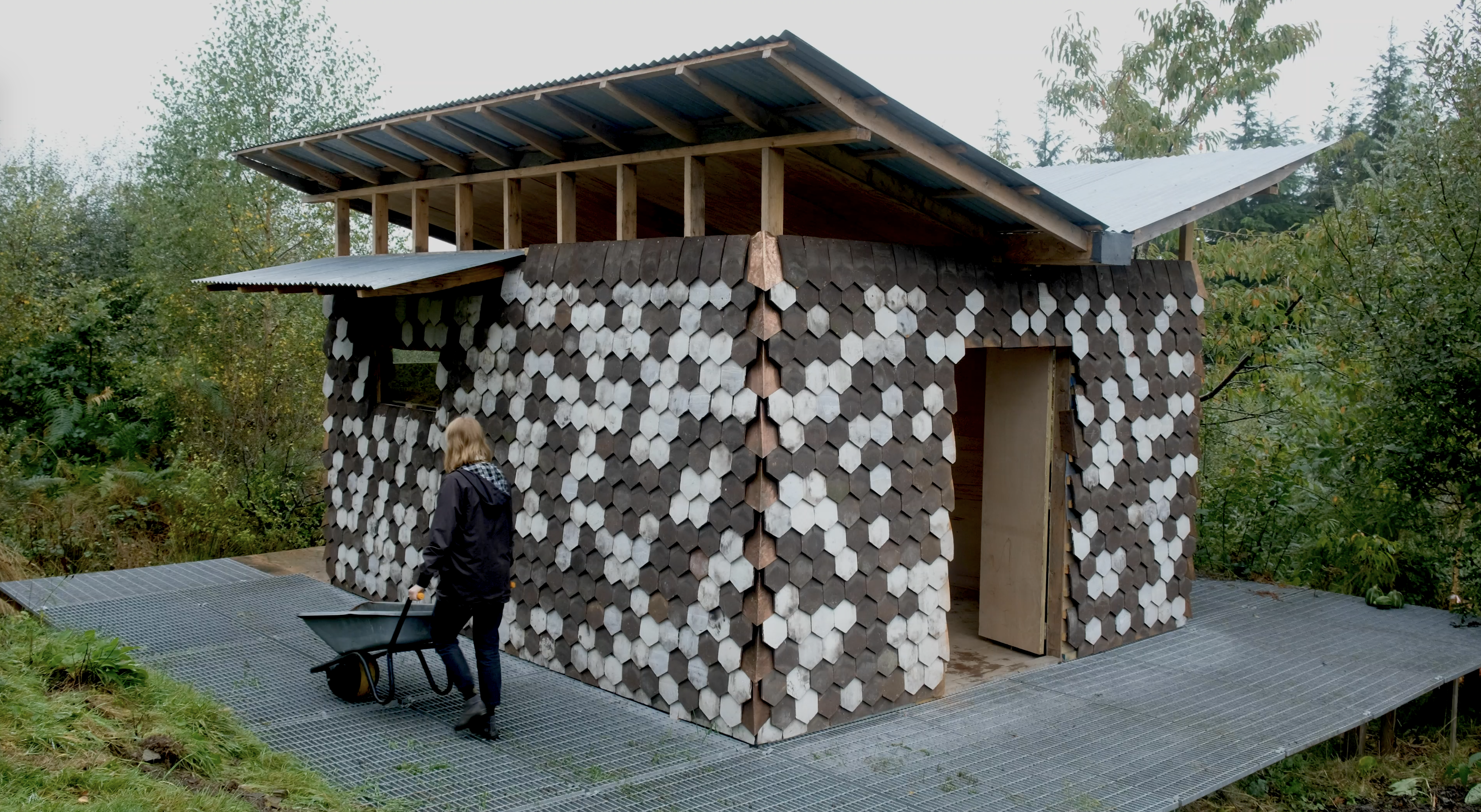
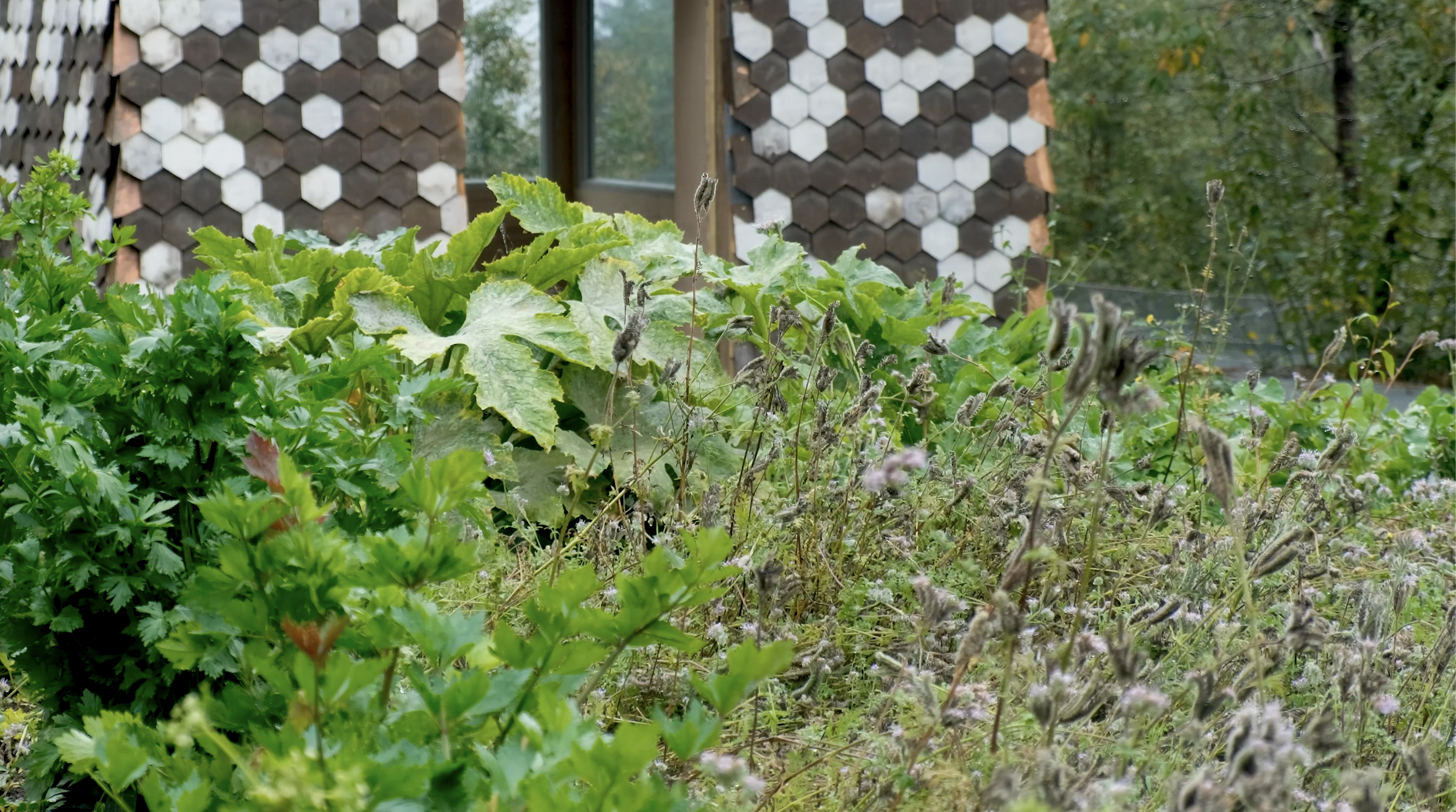
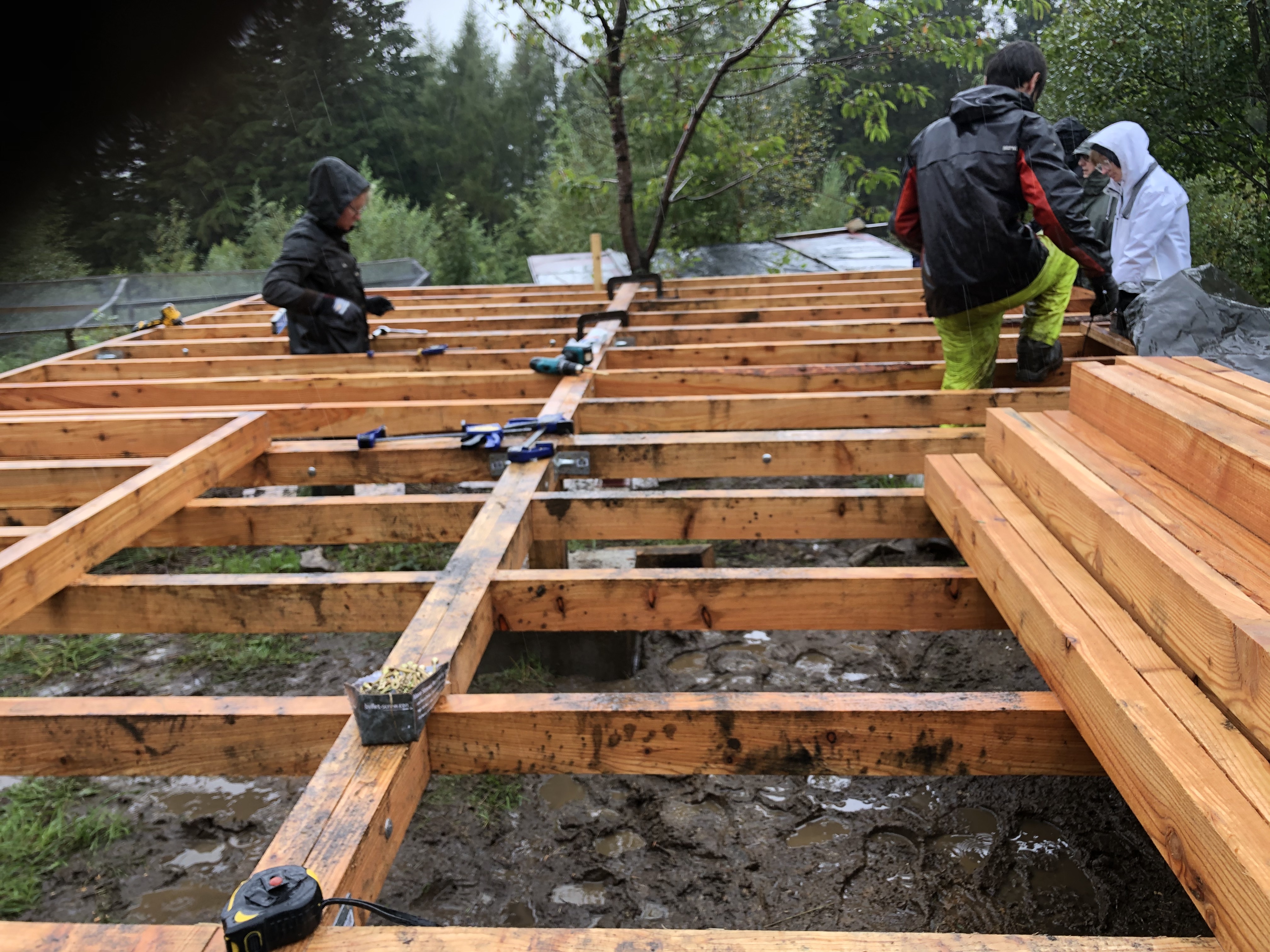

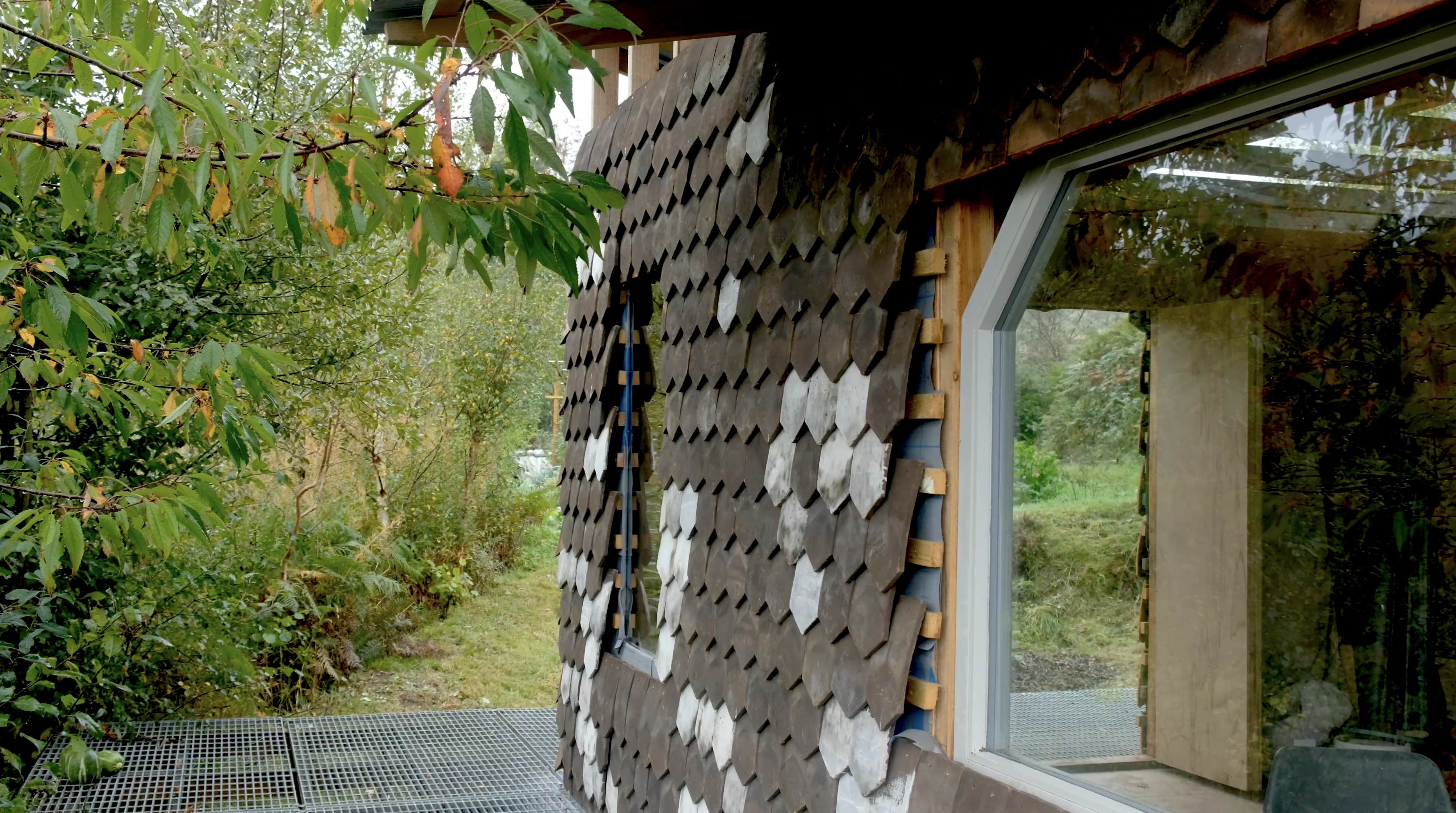
Cultures of Care
Bachelors Thesis Project 2020
Bartlett Medal Winner
Bartlett Medal Winner
Culture of Care’ used fermentation as a conceptual methodology for thinking about creating sustainably, and embedding climate change within different institutions. This methodology was developed at, and applied to, the Bartlett School of Architecture between 2019-2020.
Jane Rendell defines a critical spatial practice as being a mode of “self-reflective artistic and architectural practice which seeks to question and transform the social conditions of the sites into which they intervene” (Rendell, 2015:336). Fermentation in Cultures of Care, evolved from being used to occupy spaces, and became a way of performing my critical spatial practice- using the language and stages in fermentation as a way of negotiating the space between myself as a critic, and the subject I am exploring (Rendell, 2010). This critical spatial practice and the development of using fermentation as a conceptual methodology was created through the iterations of the workshops, ceramics and continual engagement with theoretical texts.
This project culminated in the ‘Culture of Care’ cookbook/toolkit that documented the first iteration of this methodology being used at the Bartlett. The cookbook/toolkit is a compilation of workshop ideas, reading lists and essays, and has been designed to be used as a resource for others who seek to embed climate change and create spaces to discuss creating sustainably, at different architecture schools.
